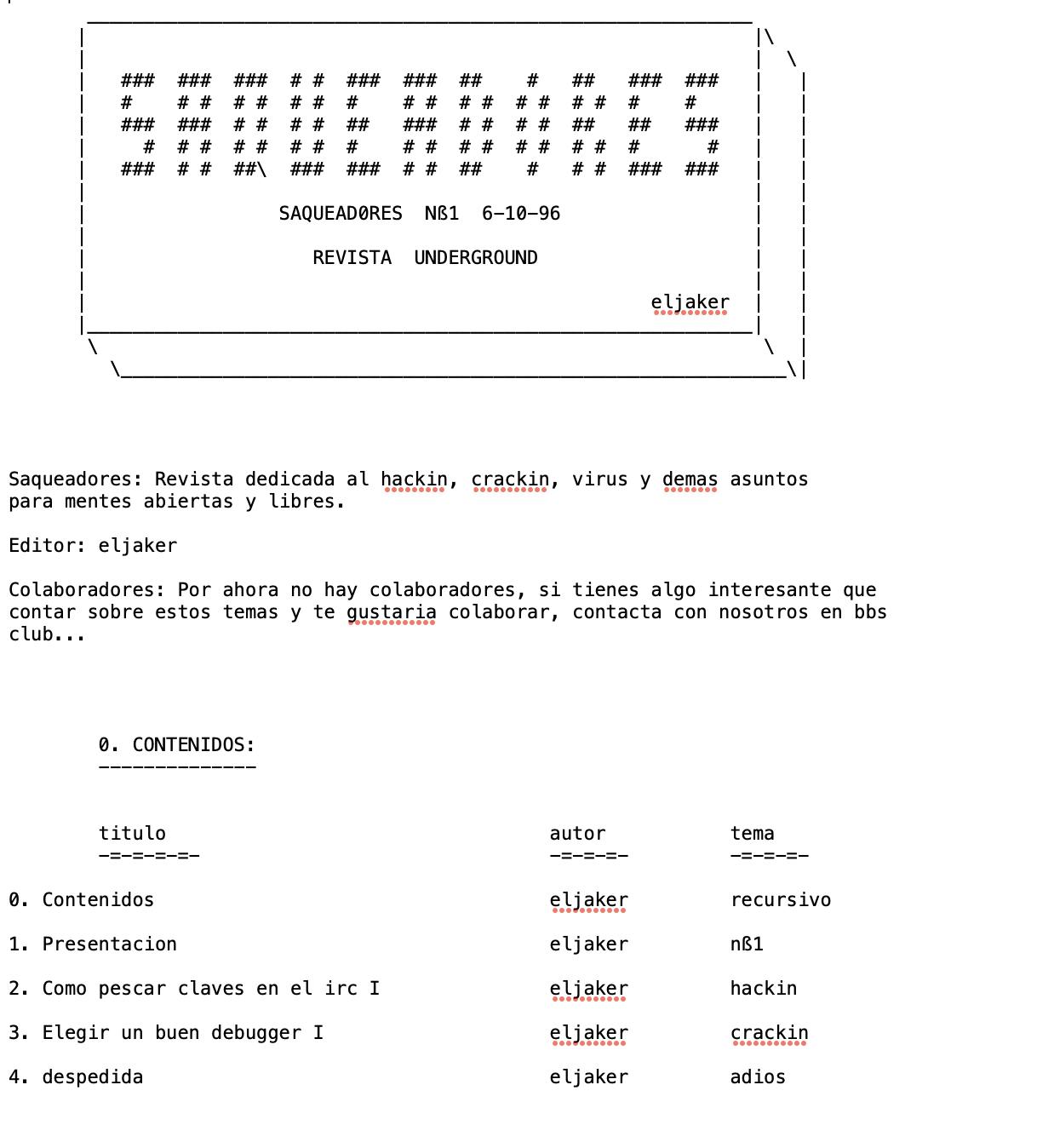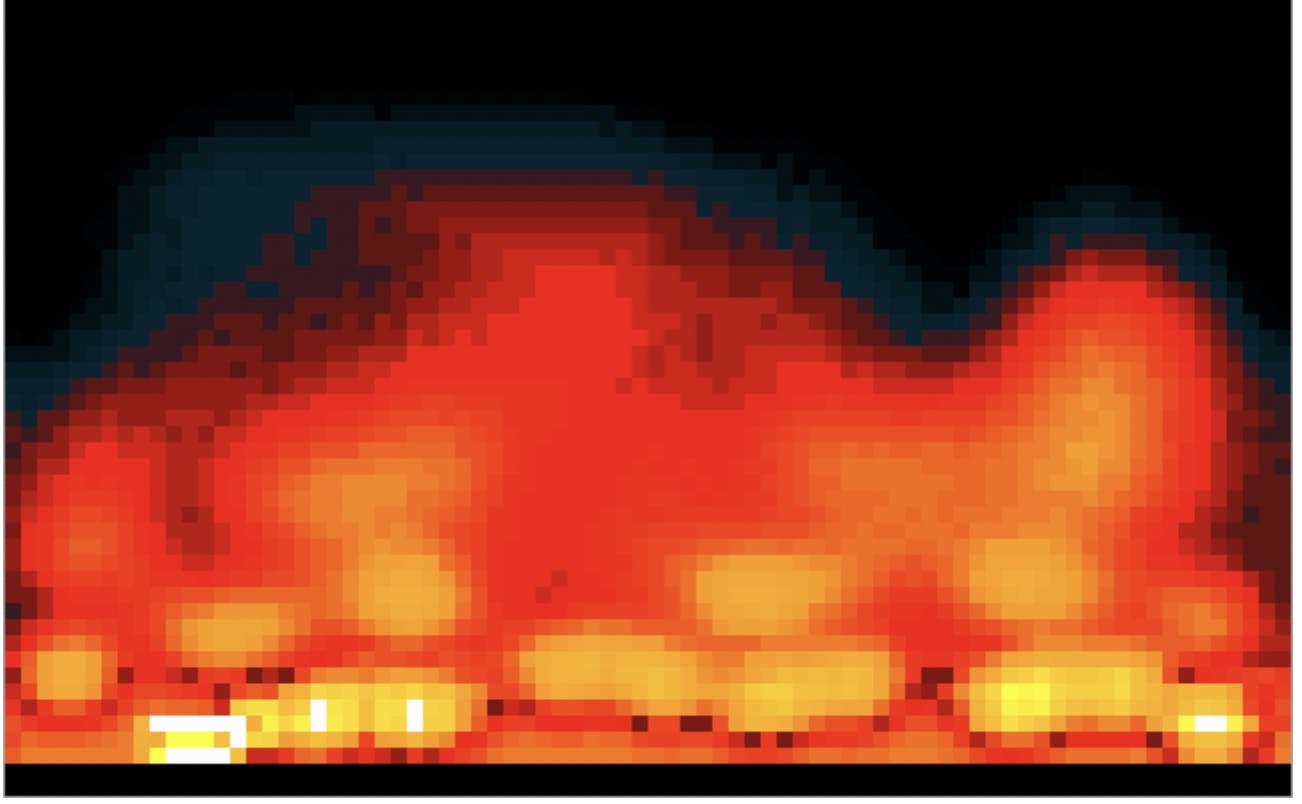Gather round children, let me tell you a story of the time we had to literally phone the internet to connect to it.
It was the year 1997 (yeah), and I was gifted my very first computer. Like any 14-year-old, I was stoked, because even though I had never owned a computer before, by then, I had already decided that I was going to make a living out of them. How? When? Those were questions for the future, but at that time, I had finally received the proverbial golden ticket and I was ready to use it.
Soon after, however, I realized my dreams would have to wait a bit longer, because I was very limited by the piece of technology I had been gifted. You see, back in 1997, my 368 was already old, with the turbo button that pushed it up to the amazing 16Mhz of processing speed, I had no graphical UI. This computer came loaded with DOS version 5 (if I'm not mistaken) and all I could do, was spend my lonely hours reading the HELP documentation (I still remember writing the help command on the terminal and then spending hours browsing through it).
I would spend a year or two (memory is fading by now) with it until my parents mustered enough money to get me an actually updated system, the actual "golden ticket" (in other words, the one that opened the gates to internet).
Internet opened the door
It was only when I managed to install a 2.400 bauds second-hand modem (which I eventually upgraded) into my Pentium system (with a whopping 200Mhz clock speed) that I managed to start browsing the early stages of what we all know now as the World Wide Web. At the amazing speed of a slug, I was loading static web pages, learning about a concept that Hollywood had implanted in the back of my brain, like an early version of the Inception movie: I started to read and learn about hackers.
The concept of a person capable of infiltrating other systems, stealing secrets and being smarter than everyone else. That's who I wanted to be!
Little by little, the -by then- 17 years old was starting to read Hacker E-Zines written in Spanish by other hackers wanting to share the trade secrets.
What were "E-zines" you ask? Well, they were just TXT files distributed as electronic magazines, that's all. They looked like this:

I had no IT knowledge, I had no studies, and trust me, getting answers back then was a bit harder than today, we had no Google, no StackOverflow and we couldn't spend hours browsing online, because I was literally using the house's phone line to connect, so my parents couldn't call anyone or receive calls from outside. You had to be quick and surgical, you'd connect, get what you wanted and disconnect, "in and out" as fast as you could, like a ninja!
The hackers showed me the way
My love for the romantic notion of what a hacker was, kept fueling my passion for learning. But no matter what I read, everyone had the same idea: if you want to be a great hacker, you have to know how to code.
And they weren't wrong, you could download the tools and use them without really knowing what they did, or you could learn how to code your own tools. So I decided to stop beating around the bush and jump head first into coding. I would become the best hacker around, no matter what.
Long story short, I didn't, but I did learn how to code.
I went all in... a little too hard maybe
Through my reading and "hacker studies", I got to learn about higher and lower-level programming languages. I thought I knew what those terms meant: you know, lower level meant easier, and higher level meant more difficult. That made sense, didn't it?
And since I was a complete newbie, it made only sense that I would start with the lowest level language available: assembler.
So I spent a few weeks going through a complete Assembly language e-book I got my hands on. I was yet another huge TXT file and explained every bit of detail about the processor and its registries and how you could influence them through code.
Needless to say by the time I was done, I could barely write a "hello world" program. It was complicated, and writing code should not be that difficult.
So I kept researching, and eventually I got my terminology correct. Boy was I embarrassed when I finally understood the whole "level" thing.
I thought I was on my way to becoming a hacking star and ended up turning into a piece of space debris burning as it enters back into the atmosphere. I had to start over.
The second attempt was the right one
With the pieces of the terminology puzzle in the right place, I picked up another language that was very much mentioned on my e-zines: C. It was definitely a lot easier than Assembly, and it took me just a few hours to get my first "hello world" out. I was back on track!

Through learning C I learned about variables, data types, and control structures. Hell, I was killing it! I also left out useless concepts like pointers and pointer arithmetics, because back then they seemed pointless (little did I know!).
The thing is, while I was learning to code, I barely got interesting projects to develop. So I was asking myself: "what's the use of C? What can I really do with it? Why is it so limited?!" Yeah, I was asking those questions, I still had a lot to learn. Eventually, someone told me that with C, games were made, and so I decided to learn about the basics: graphic programming.
I learned how to put a pixel on the screen, I learned about coordinate systems, and eventually learned how to draw fire effects on my screen:

Then I turned to game development. I wrote space invader clones in C and I fell in love with coding. That was it, I was so hooked I forgot about everything else. Notice I haven't talked about hacking since I talked about "C".
I was a god, who needed hackers? I could write code and that code was coming to life, my computer was doing stuff and I was commanding it. The feeling was like nothing else, and for a nerdy 17 years old, that was a drug. I learned about the "Div Game Development Studio" a game dev integrated IDE that came with programming magazines, and I spent quite a lot of time making games with it. I then picked up HTML, CSS and PHP for my first job, and then Ruby, Python, JavaScript, Perl and the list goes on...
I had finally found my calling, I had found the thing I was looking for without knowing what it was. I was searching for it in the wrong place, I even almost give up after thinking it was too hard for me, but in the end, I found it (or it found me?).
They say that if you love something, you should let it go...
... and if it comes back on its own, then it was meant to be with you.
If you stayed with me until now, you'd probably think that I would never even think about letting coding go, but I did.
I worked as a developer for years until I eventually progressed in my career to the point where I was managing multiple projects and big teams. I had no time to write code during my 9-5, I had to make a choice, and I let coding go. For years I polished my leadership skills, learned how to deal with customers, learned about project estimation, team composition, expectation management, and a lot of other non-coding concepts. But I was never truly away from code because the further away my career took me from it, the more technical articles I was writing on the side.
I became a technical writer out of need. The need to stay close to the code. And now after more than 300 articles published over the years I can safely say: I'm still a developer.
I'm a developer, no matter what my current role states, and I will always be a developer. I might've picked it up for the wrong reason and I might've started with the worst possible language, but I'm here now, and almost 20 years later I don't think I'll ever regret making that choice (if it even was a choice).

